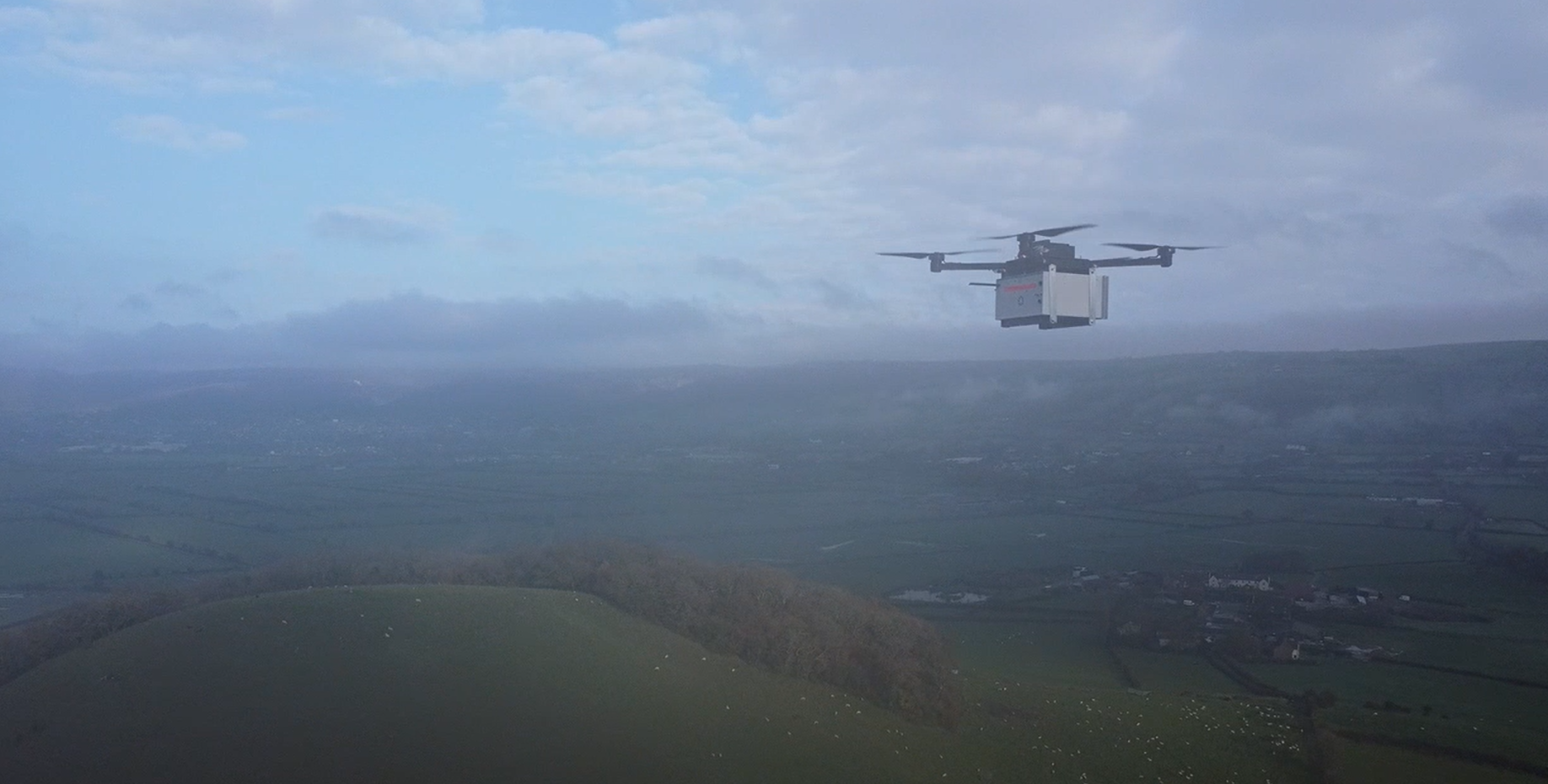A ‘ruler for the universe’

The trouble with Global Navigation Satellite Systems (GNSS) is that they’re so useful. Large parts of our economy – and of our lives – now depend upon them, and upon the highly accurate time signals that they use. But that means that their loss is potentially a major threat: the UK National Risk Register recognises the loss of satellite time signals – whether through accident, acts of nature (such as solar flares) or deliberate interference – as having serious consequences for the UK. There is a growing awareness of the need for an alternative to the timing technology used by satellites.
A project funded through the UKRI Technology Missions Fund is on the point of commercialising a revolutionary quantum clock, which would make the UK much less dependent on potentially vulnerable GNSS.
We’ve been focused for over a decade on developing extremely accurate measures of time using quantum effects
Alexander Jantzen
Co-Founder and COO, Aquark Technologies

The AQlock uses cold-atom technology, in which atoms are slowed down at very low temperatures in order to make observations of their quantum characteristics, allowing for ultra-precise timing. “It’s like a ruler for the universe,” says Alexander Jantzen, Co-founder and COO of Aquark Technologies. “We’ve been focused for over a decade on developing extremely accurate measures of time using quantum effects, and on miniaturising the technology involved in this, so that it is small enough to be taken out of the lab. Now we’re on the verge of bringing it into the real world.”
Aquark Technologies is a spin-out from the University Southampton, which specialises in taking quantum technology and making it small enough to be portable. A previous Innovate UK-funded trial, involving Aquark and defence manufacturers MBDA, had demonstrated the feasibility of a new, more robust and portable quantum clock. The UKRI-funded AQlock project is taking this one step further: aiming for scalable production of ultra-precise, resilient clocks that can work with existing applications.
AQlock traps atoms, so that they can be measured, using only light: it does away with the powerful magnetic fields that had been used previously
What’s different about the AQlock is that it traps atoms, so that they can be measured, using only light: it does away with the powerful magnetic fields that had been used previously. That means that the clock can be much more power-efficient and robust. Smaller too: current prototypes are about the size of a large shoe box, weighing between 20 and 30 kilos. The aim is to reduce them still further, to pocket size.
For Alex Jantzen, “the project is about getting to a stage of commercial readiness, with extensive lab and live-environment testing. We’re working with a large group of industry end-users, to meet their requirements: our new clock could make a big difference to telecoms, to the National Grid, to financial transactions, to navigation. In each of these areas we can provide timing that is much more accurate, while also being less vulnerable to outage or jamming.” The technology is dual-use, with potential security and defence applications as well as civilian ones: Aquark is one of only six UK companies that are part of NATO’s Defence Innovation Accelerator for the North Atlantic.
Part of the project involves establishing and stress-testing supply chains, so that the AQlock can be successfully manufactured at scale. The aim is to use UK manufacturers and suppliers where possible, ensuring that our dependency on vulnerable GNSS can be replaced with home-grown quantum technology.
UKRI Technology Missions Fund
The UKRI Technology Missions Fund is designed to exploit the UK’s global leadership in transformative technologies to help solve specific problems, whilst also helping cement that leading position. Overall, UKRI is investing £320 million in Technology Missions to enable new and existing capabilities and capacity in artificial intelligence, engineering biology, future telecommunications and quantum technologies in the years 2023 to 2025 and beyond.
Find out more
Find out more about the UKRI Technology Missions Fund
Find out more about Our strategy 2022 to 2027
Find out more about how we are supporting Tomorrow’s Technologies



